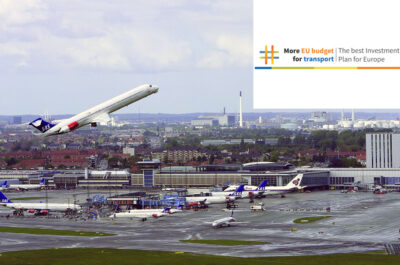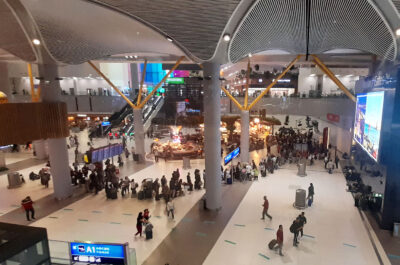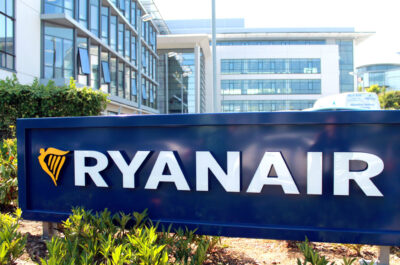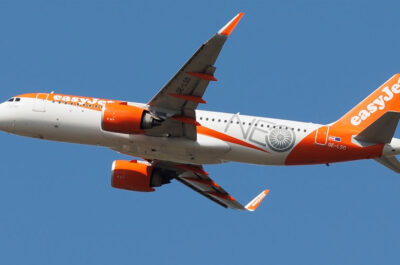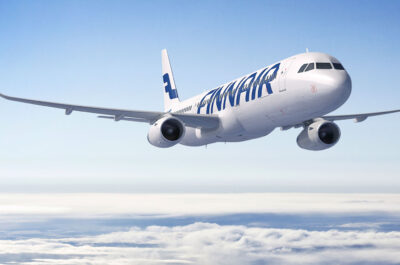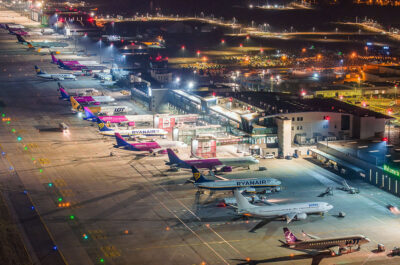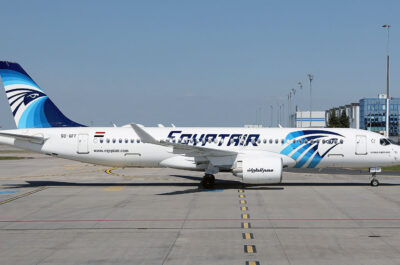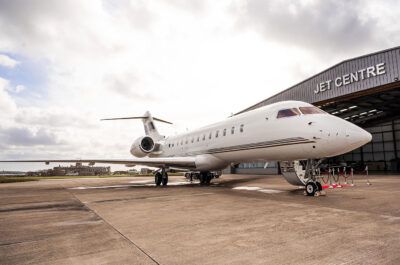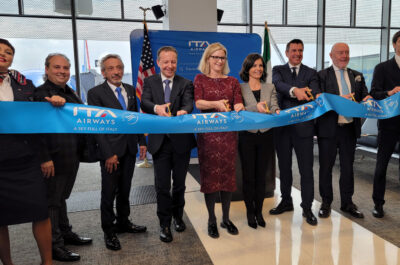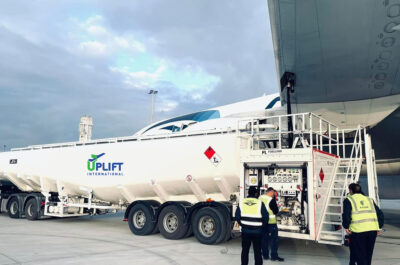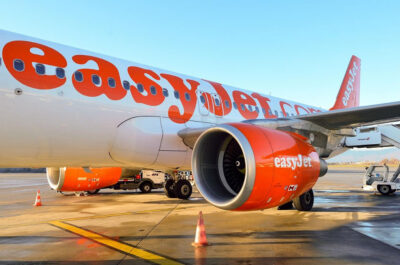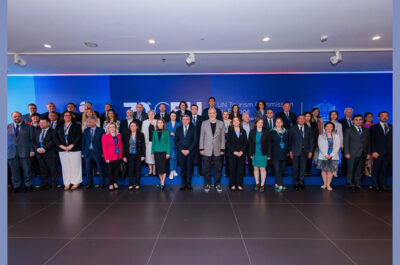ACI Europe underlines that the possible adoption of additional security measures such as checks on persons and goods entering airport landside spaces could be disruptive and actually create new security vulnerabilities. By displacing the gathering of passengers and airport visitors to spaces not designed for that purpose – such measures would essentially be moving the target rather than securing it.
BRUSSELS – ACI Europe issued a statement regarding yesterday’s terrorist attacks in Zaventem Airport and a subway station in Brussels:
“The events in Brussels today have shocked and saddened the entire European airport community and we extend our deepest sympathy to the families and friends of the victims of today’s attacks. Our thoughts are also with our colleagues at Brussels Airport and those working in the EU institutions and other organisations located near Maelbeek metro station.
The Airport Context
With a number of media enquiring about the impact the attack at Brussels Airport will have on security at airports, it is appropriate to consider what is already in place.
From a security standpoint, airports are among the most regulated and controlled spaces. Aviation-specific security regulations focus on the airside spaces (non-public spaces of airports accessible only to air passengers who hold a valid boarding pass). These regulations are designed to prevent unlawful interference with air transport – a prominent target of terrorists for several decades. Since 2001, these aviation specific regulations have been harmonised and coordinated at EU level.
Landside spaces (airport spaces accessible to the general public) are subject to general security regulations enacted by national authorities, as they are no different from any other public space – such as train and metro stations, theatres, department stores, museums, etc. They are not subject to a common EU security framework. It is therefore up to these national authorities to review and adopt appropriate measures, matching their specific threat scenario.
Beyond the Airport
Accordingly, in light of today’s events and in the wake of decisions taken by the Belgian government, national authorities elsewhere in the EU are reviewing their terrorist threat level and a number of them have already increased security measures landside at airports and other key locations. Airports are fully cooperating with these authorities.
However, ACI Europe underlines that the possible adoption of additional security measures such as checks on persons and goods entering airport landside spaces could be disruptive and actually create new security vulnerabilities. By displacing the gathering of passengers and airport visitors to spaces not designed for that purpose – such measures would essentially be moving the target rather than securing it.
It is worth keeping in mind that the atrocities committed today are part of a series of attacks that have hit several locations in the past 6 months including Paris, Ankara and Istanbul. These attacks are not limited to disrupting our transport systems, but are clearly about threatening our entire way of life by targeting other public spaces including places of social gathering and entertainment.
The Vital Role of Data & Intelligence
Ultimately, fully securing public spaces through additional security checks would be unrealistic and inefficient. The best way forward in the fight against terrorism is to step up capabilities for the gathering, coordination and sharing of intelligence and data”.
ASTA Statement on Terrorist Attacks in Brussels
American Society of Travel Agents (ASTA) President and CEO Zane Kerby also issued a statement regarding yesterday’s terrorist attacks in Zaventem Airport and a subway station in Brussels:
“Our thoughts are with the citizens of Belgium today, especially those who lost loved ones in the heinous attacks on their nation. ASTA offers its sympathy and support to all those impacted by these terrorist attacks against innocent family, friends and neighbors. ASTA is reaching out to our 10 member agencies in Belgium to offer any assistance we can. Our hearts go out to you, and we pray for everyone’s safety and for peace in Brussels.”
GBTA Statement on the Brussels Attacks
The Global Business Travel Association (GBTA) issued a statement in response to the Brussels attacks and is working to keep members apprised of the latest information.
“GBTA is deeply saddened by the news of the terrorist attacks this morning in Brussels,” said Christle Johnson, GBTA president. “Dozens of innocent people were killed in an attack that was more than just an attack on an airport and a metro system, but an attack on all of us and our way of life. On behalf of GBTA, I want to express my deepest sympathies to the people of Brussels and to those directly impacted by these attacks. Today we stand with the people of Brussels.”
“In an effort to keep members up to date on the latest information, GBTA will be posting continuous updates on news and information regarding the attacks on the GBTA Blog.”
Joint Statement from Greeley Koch, Executive Director with Yves Galimidi, Board of Directors Member/Belgium Association of Corporate Travel Executives Regarding the Terror Attacks in Belgium
“Our hearts and prayers are with the families of those who lost their lives and who were injured in Brussels this morning. Realizing the threat, ACTE members in Europe and around the world activated security programs that located travelers, and provided them with information critical to their safety. This is what our membership does best. This is when they rise to the occasion. This is so much of what we practice at the Association of Corporate Travel Executives.”
“The best way to fight fear and intimidation is through duty of care programs that protect and reassure travellers in proximity to senseless acts of terror. It is the vision and forethought of business travel managers who lend strength to the resolve of tens of thousands of business travellers every day. ACTE members are redefining duty of care and traveller safety through advanced planning.”
Yves Galimidi, an ACTE Board Member whose home is close to the airport in Belgium, reports that “Travel managers went into action as the headlines began to appear, assessing the situation and taking control in an environment of cancelled flights, a Metro shut-down, and the highest level of national security. Thousands of travellers were accounted for, redirected, and accommodated in record time. I spoke to several of my Belgium colleagues and, while everyone is still taking stock of the situation in our country, they have focused on locating their employees, through industry tools and suppliers along with social media, and providing for any needs.”
Theodore is the Co-Founder and Managing Editor of TravelDailyNews Media Network; his responsibilities include business development and planning for TravelDailyNews long-term opportunities.














